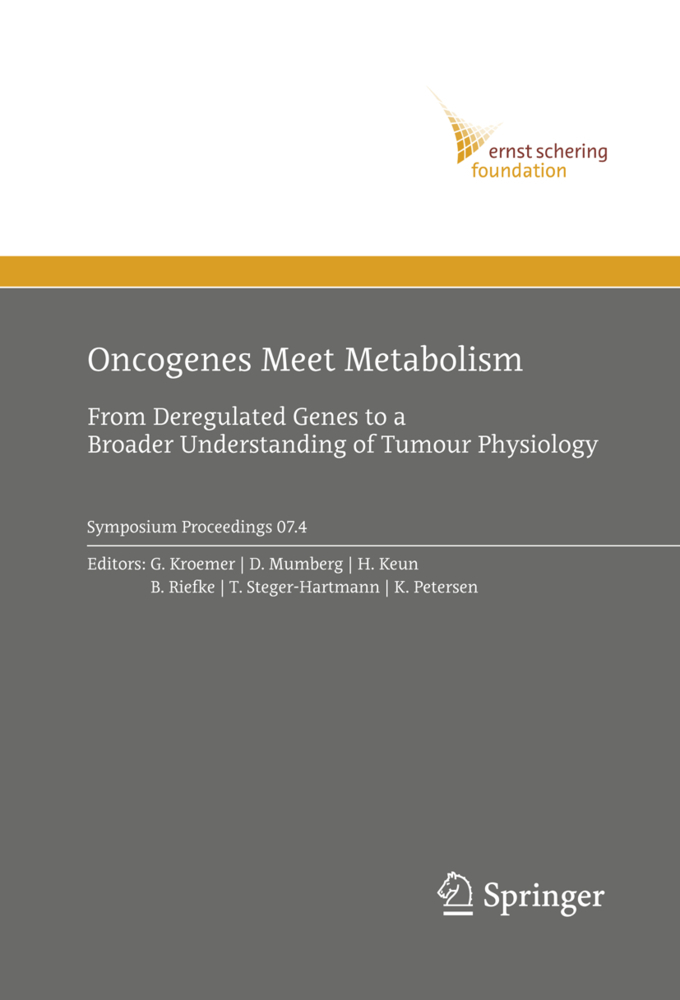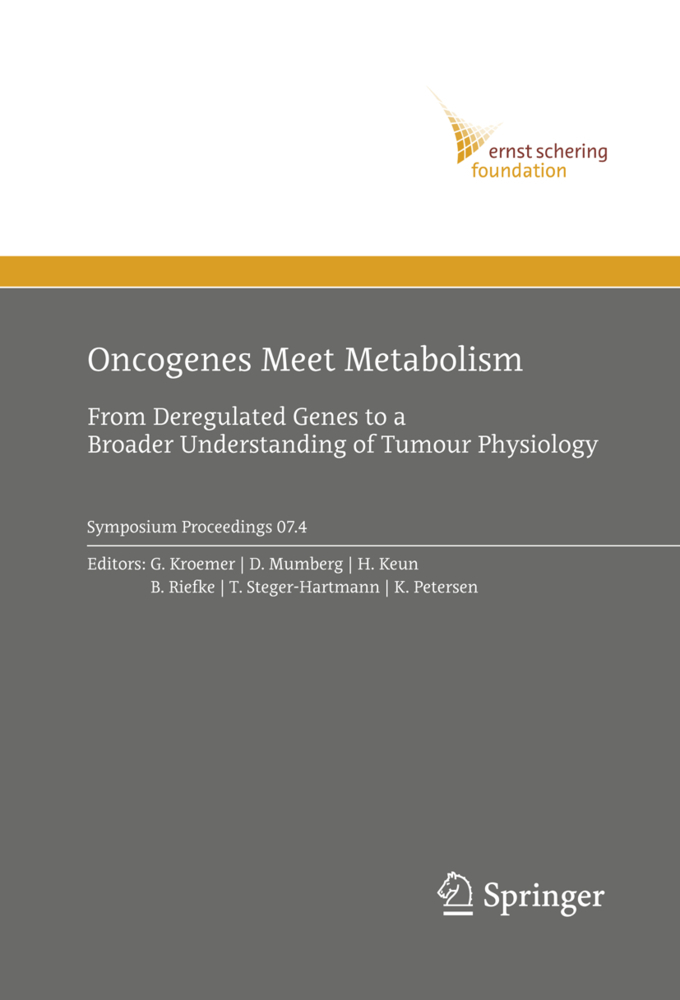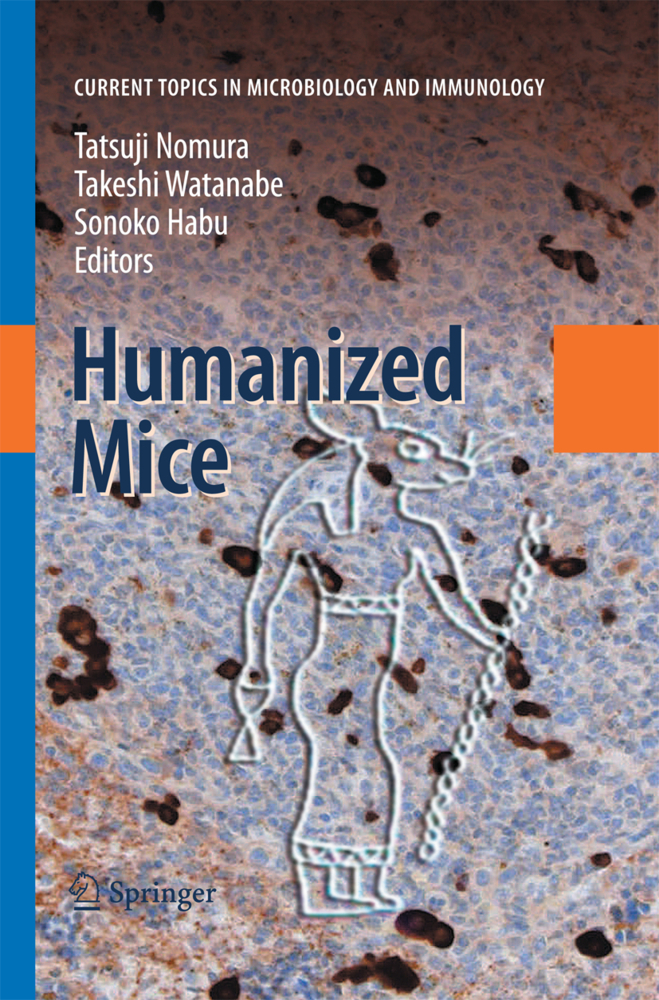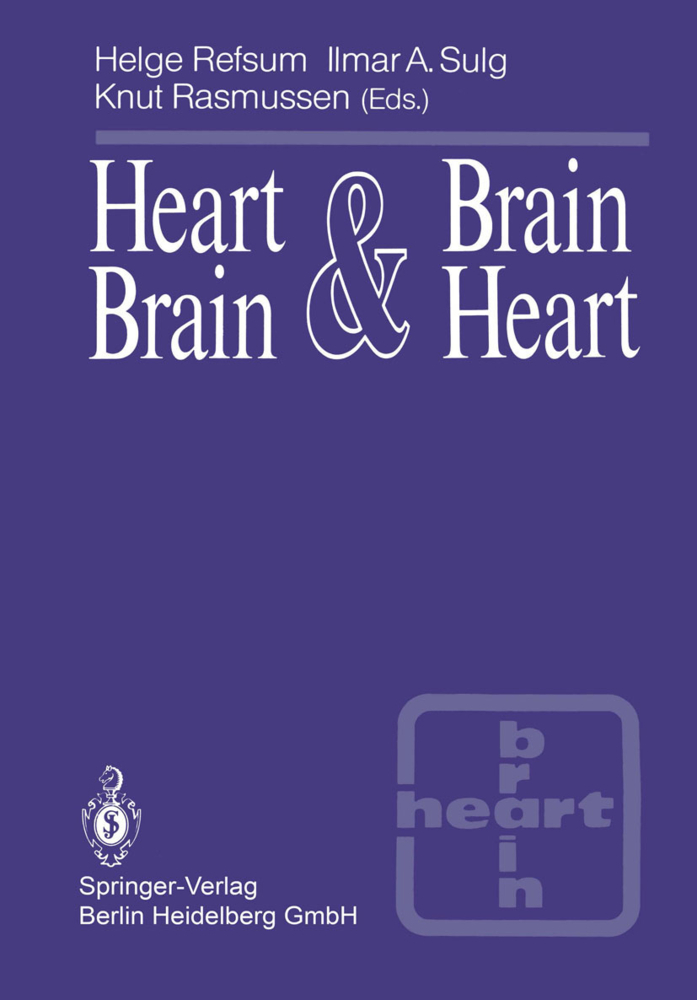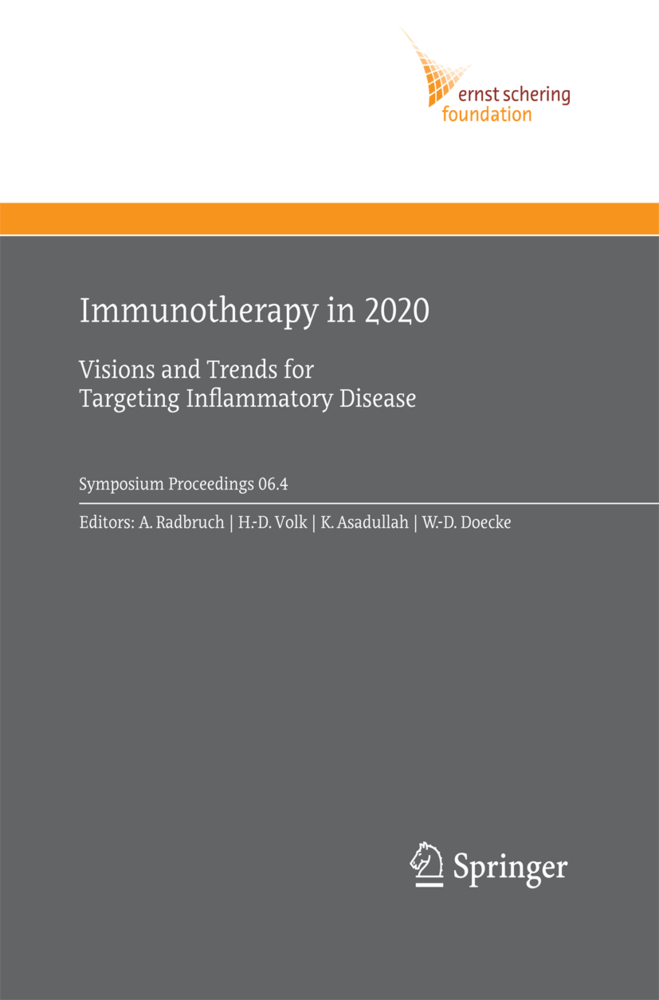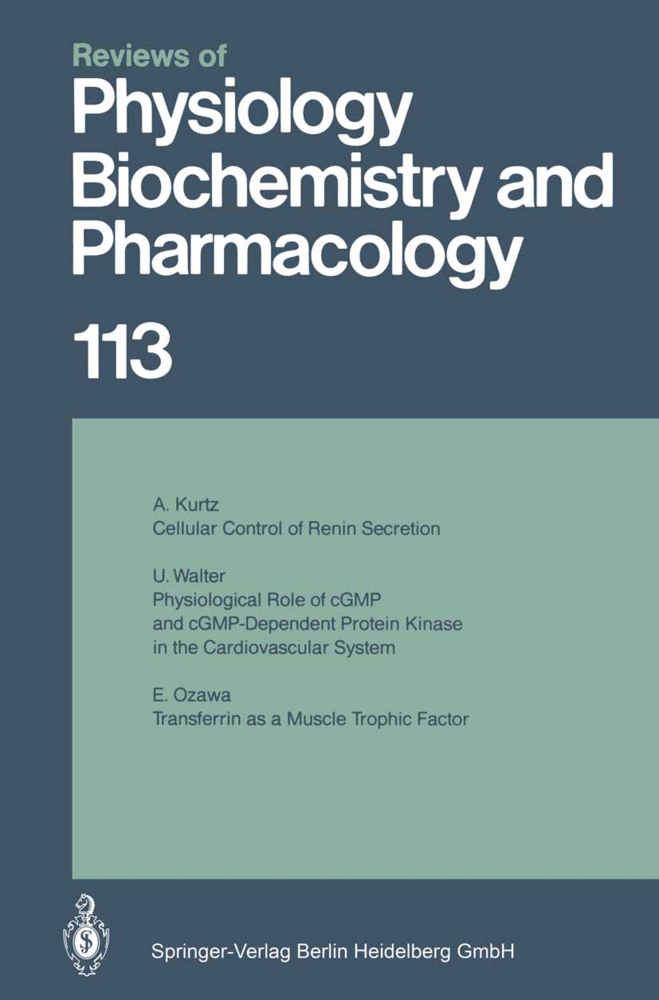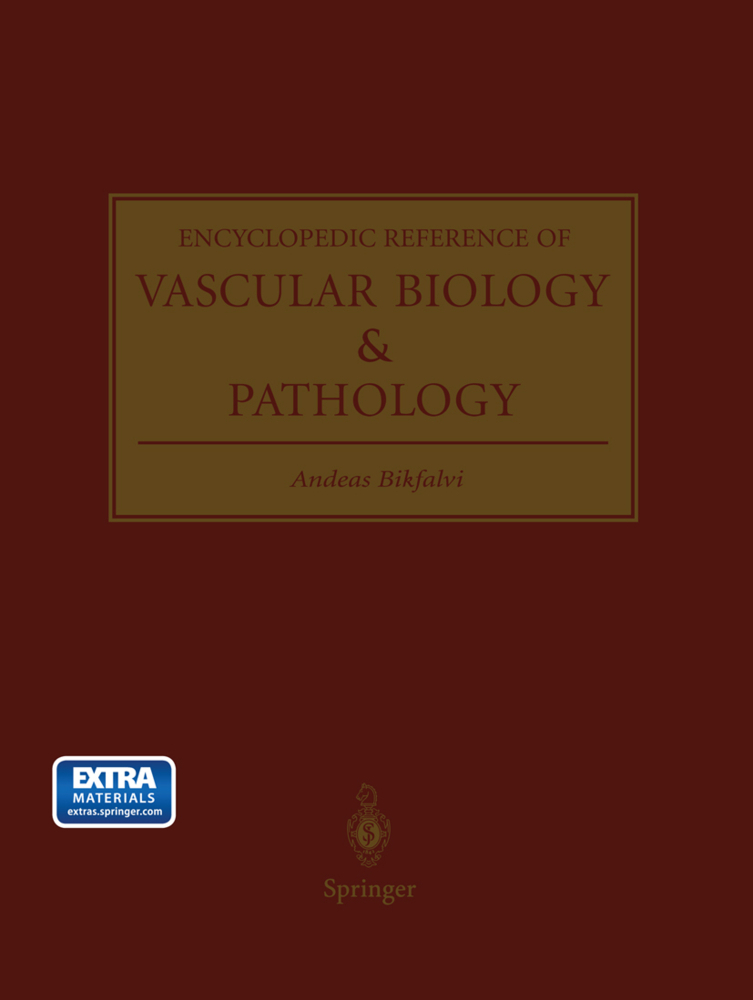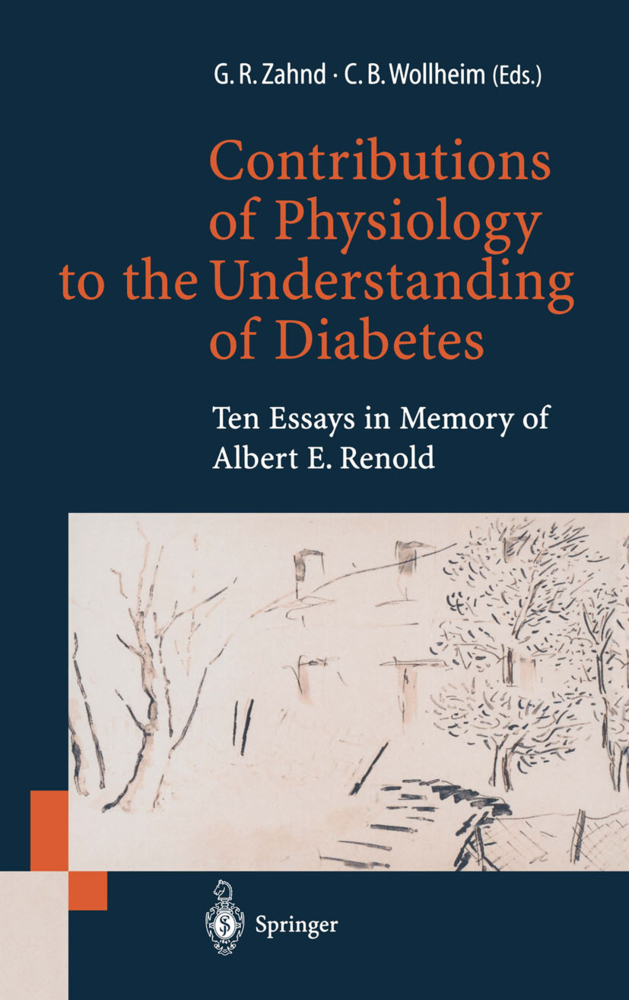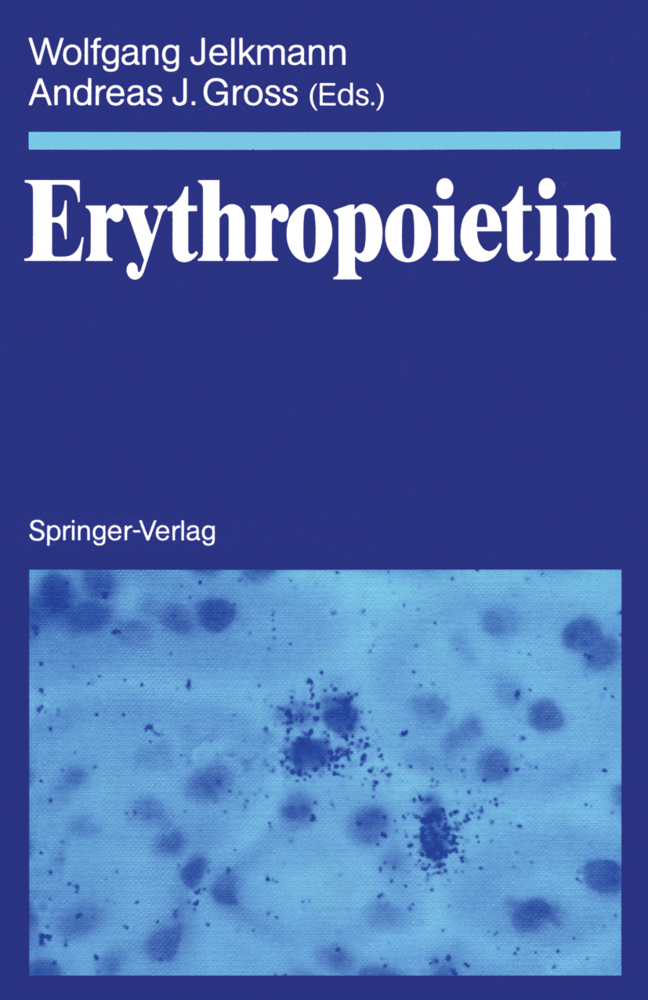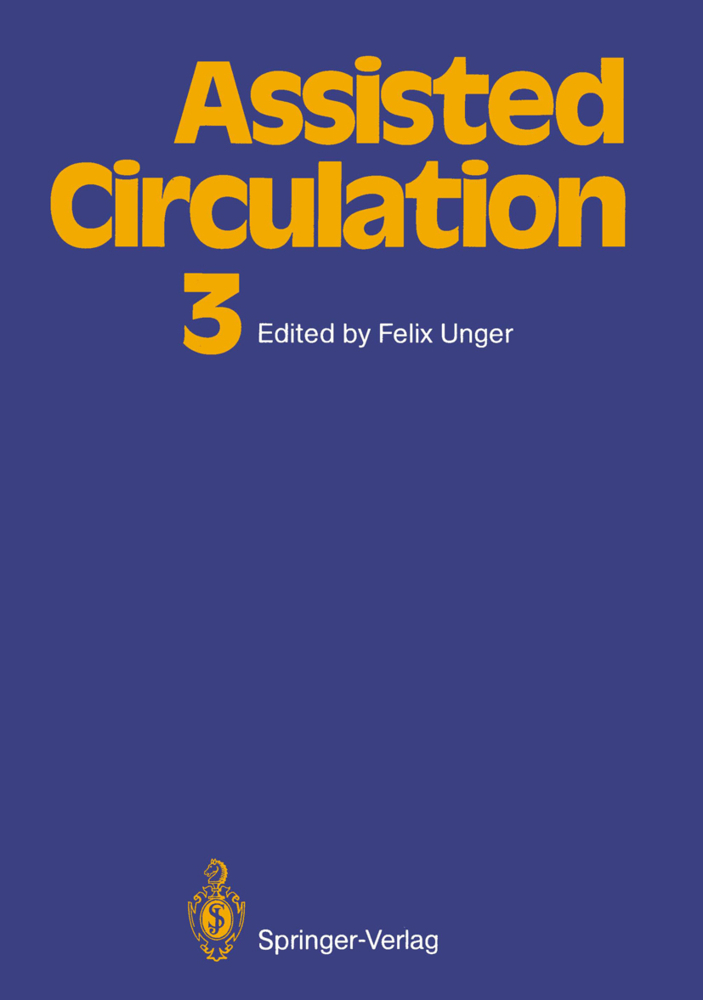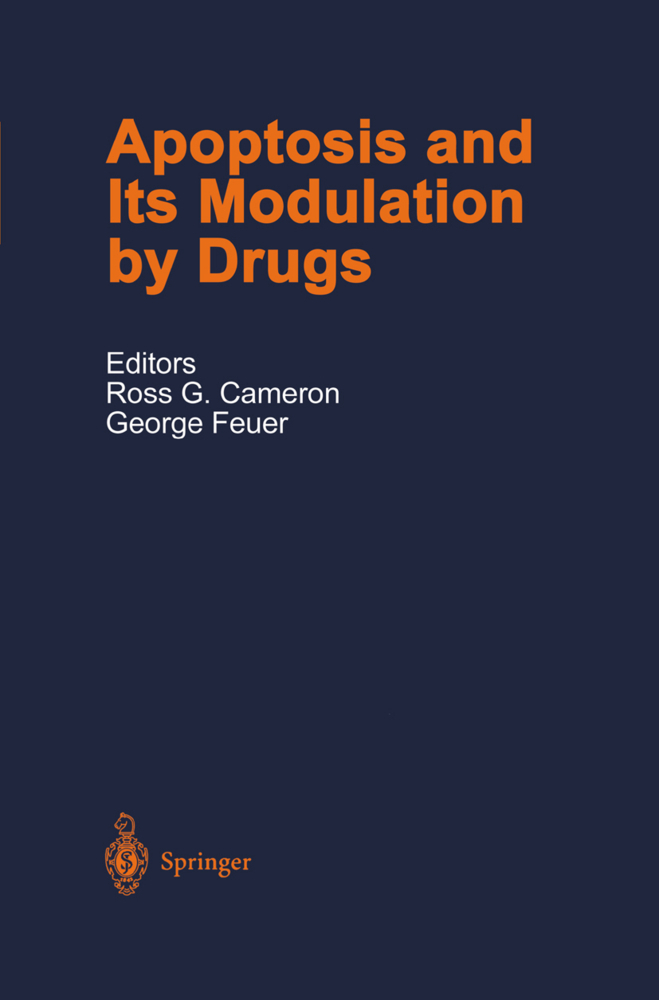Oncogenes Meet Metabolism
From Deregulated Genes to a Broader Understanding of Tumour Physiology
In 1920s, Otto Warburg described the phenomenon of 'aerobic glycolysis', the ability of tumour cells to convert glucose to lactate in the presence of normal oxygen conditions. Warburg's hypothesis of an altered metabolism in cancer cells found no immediate acceptance, though it was latter confirmed for most human tumours. With the advent of molecular biology the focus in tumour research has shifted towards the search for oncogenes. However, the interest in cancer molecular profiling eventually led to a renaissance of the Warburg effect trying to combine genetic alterations with effects on metabolism with the help of modern analytic technologies to rapidly analyze broad varieties of metabolites in various tissues and bodyfluids (metabonomics).
The Interplay Between MYC and HIF in the Warburg Effect
Using Metabolomics to Monitor Anticancer Drugs
Biomarker Discovery for Drug Development and Translational Medicine Using Metabonomics
Pyruvate Kinase Type M2: A Key Regulator Within the Tumour Metabolome and a Tool for Metabolic Profiling of Tumours
Molecular Imaging of Tumor Metabolism and Apoptosis
Minimally Invasive Biomarkers for Therapy Monitoring
Use of Metabolic Pathway Flux Information in Anticancer Drug Design
Cancer Diagnostics Using 1H-NMR-Based Metabonomics
Human Metabolic Phenotyping and Metabolome Wide Association Studies
Defining Personal Nutrition and Metabolic Health Through Metabonomics.
Mitochondria and Cancer
Role of the Metabolic Stress Responses of Apoptosis and Autophagy in Tumor SuppressionThe Interplay Between MYC and HIF in the Warburg Effect
Using Metabolomics to Monitor Anticancer Drugs
Biomarker Discovery for Drug Development and Translational Medicine Using Metabonomics
Pyruvate Kinase Type M2: A Key Regulator Within the Tumour Metabolome and a Tool for Metabolic Profiling of Tumours
Molecular Imaging of Tumor Metabolism and Apoptosis
Minimally Invasive Biomarkers for Therapy Monitoring
Use of Metabolic Pathway Flux Information in Anticancer Drug Design
Cancer Diagnostics Using 1H-NMR-Based Metabonomics
Human Metabolic Phenotyping and Metabolome Wide Association Studies
Defining Personal Nutrition and Metabolic Health Through Metabonomics.
Kroemer, G.
Mumberg, D.
Keun, H.
Riefke, B.
Steger-Hartmann, T.
Petersen, K.
| ISBN | 9783540794776 |
|---|---|
| Artikelnummer | 9783540794776 |
| Medientyp | Buch |
| Copyrightjahr | 2008 |
| Verlag | Springer, Berlin |
| Umfang | 265 Seiten |
| Abbildungen | XV, 265 p. |
| Sprache | Englisch |

